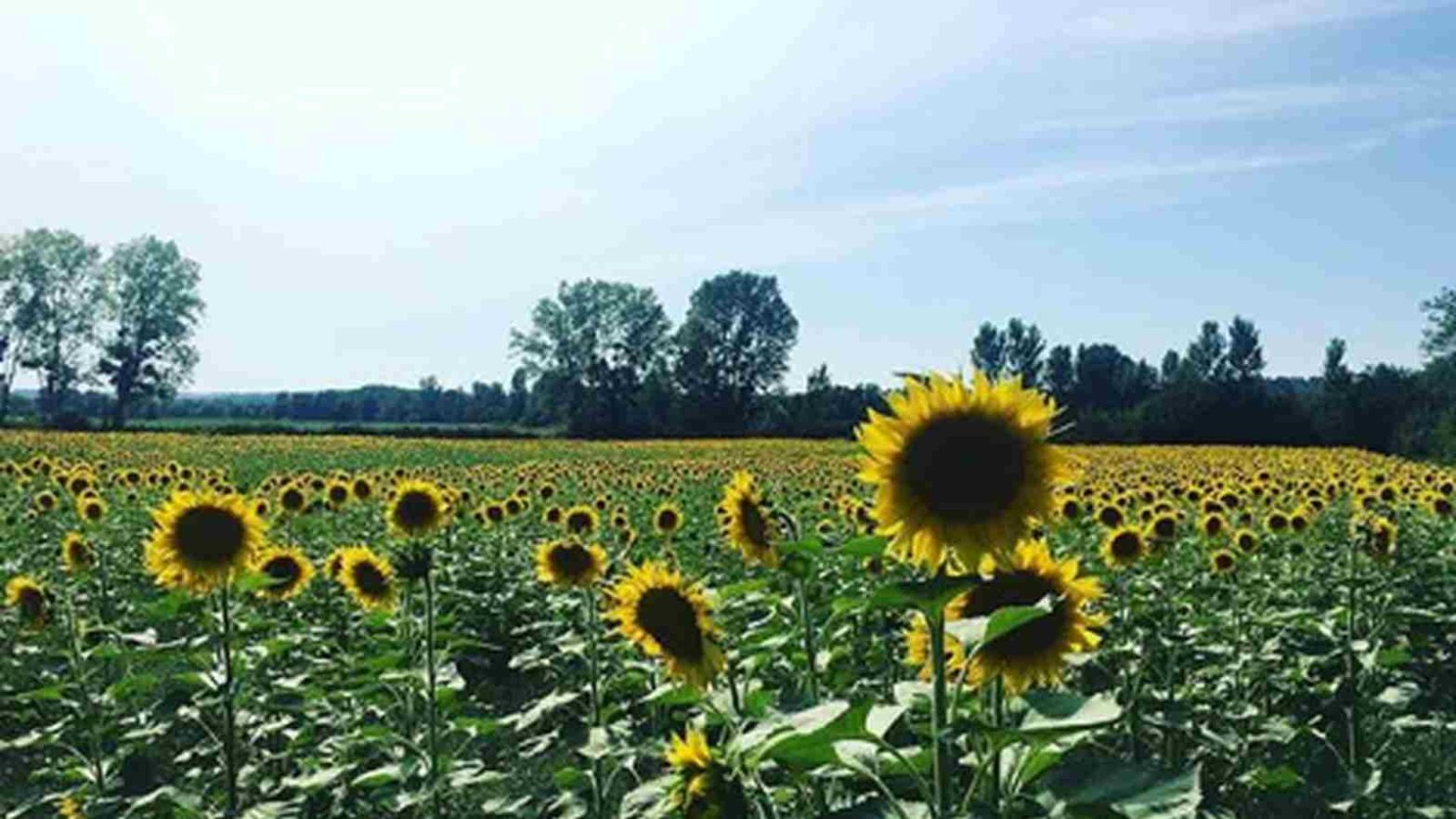With the beautiful bright yellow petals gliding on the soft green stalks, sunflowers have always been a great deal of fascination. These flowers are cultured and grown extensively owing to their rich content of oilseeds. The sunflower oil is a very popular and healthy product of the sunflowers which is widely used all over the country. At present, in the production of the vegetable oil, India has secured of the leading positions. These sunflower oils are very good for the heart owing to the low content of cholesterol. Moreover, due to the immense demand and fame of this vegetable oil, India has also brought about very many famous oil brands as well. These oil brands are not being used domestically but are also been sold in the foreign markets at earn a larger deal of revenue.

The sunflowers are grown in the states of Andhra Pradesh, Maharashtra, Tamil Nadu, Gujarat, Karnataka, Punjab, Telangana and Haryana. With the different regions, the varieties of the sunflowers also keep changing. Likewise, Morden is grown in the states of Haryana and Punjab. However, the varieties of GAUSAF – 15 is grown in the state of Gujarat and TNAUSUF – 7 is grown in the states of Tamil Nadu, Andhra Pradesh, Karnataka and also in Telangana. Here in, with a much more elaborated fashion, the various facts of the sunflower farming in India has been discussed.
1. The soil requirements for the growth of sunflower farming
The sunflowers are not very sensitive with respect to the soil in which they can grow.
- From loamy soils to moderately sandy soils, the sunflowers can be easily grown on a wide range of soil types.
- The soil needs to be properly tilled and should be rich in organic manure. Hence, the content of micro nutrients and the macro nutrients in the soil needs to be accurate.
- The soil has to be saline but the salinity index should not be too high. Excess salinity in the soil will hinder with the growth of the sunflower farming. With the salinity index, the pH of the soil needs to be properly checked as well. The pH range to grow great sunflowers ought to be between 6 to 8.
- The soil needs to properly drained and has to be moist. Though the overall humidity of the soil needs to be high yet there ought not be any kind of water clogging at the roots of the crops.
- The sunflowers can easily grown in black cotton soil as well in those regions where the deep loamy soils are not available. These types of soils are primarily found in the states of Tamil Nadu and Karnataka.
2. What are the irrigation facilities required by the sunflower farms?
The sunflower are quite sturdy crops so even without irrigation, the kharif type of sunflower crops can easily grow. Usually, when these crops receive heavy rainfall, then even the interval sessions of irrigation need not be carried out. The irrigation is most important when the crops happen to shift from the flowering stage into the formation of seed stage.
There should not be any sprinkling over the flower as they might slowly rot the flower or can even let fungus grow on the plant body. The irrigation needs to be quite steady during the hot summer days. The irrigation should be managed properly to avoid conditions of absolute dryness and also water clogging at the roots.
3. How to make way for easy and economical post-harvest mechanisms in sunflower farming?
The sunflowers are grown in India mainly to extract the oil from it. So, simply harvesting the crop in the farms is not enough. The farmers ought to be well aware of certain key points in order to take care of the same. Let us look into the various ways by which the oilseeds can be managed and stored with ease –
- The harvest mechanisms need to be on time and should be done with the help of updated tools
- Once the harvest is done, the crops need to be dried well. For the processes of winnowing and threshing. The farmers need to use proper mechanical tools so as not to lose any amount of oil seeds.
- The harvest needs to be processed well and should be followed by proper sorting and grading of the seeds to earn better revenue.
- One of the most important things to do after harvesting is to package the best lot for transportation and to also leave a portion for storage to use them in future.
- While packaging and transporting, never use hooks as they can cause damage to the overall packaging of the crops.

